Manchester’s music scene has birthed some of the most iconic musicians and venues and the Twisted Wheel has proven to be one of the most important.
Opened in 1963 on Whitworth Street, it was the home of Northern Soul where people would travel all across the North to hear and buy the rarest of Northern Soul records, let loose during all-nighters in the form of wild dancing and amphetamines and get an experience like nothing these teens have seen before.
To some people, when they think of famous Northern Soul venues, their minds spring to the Wigan Casino, where you will find many pictures and stories from fans and locals. But a lot of Northern Soul fans from Manchester and beyond swear by the Twisted Wheel as the main Northern Soul venue where the scene thrived.
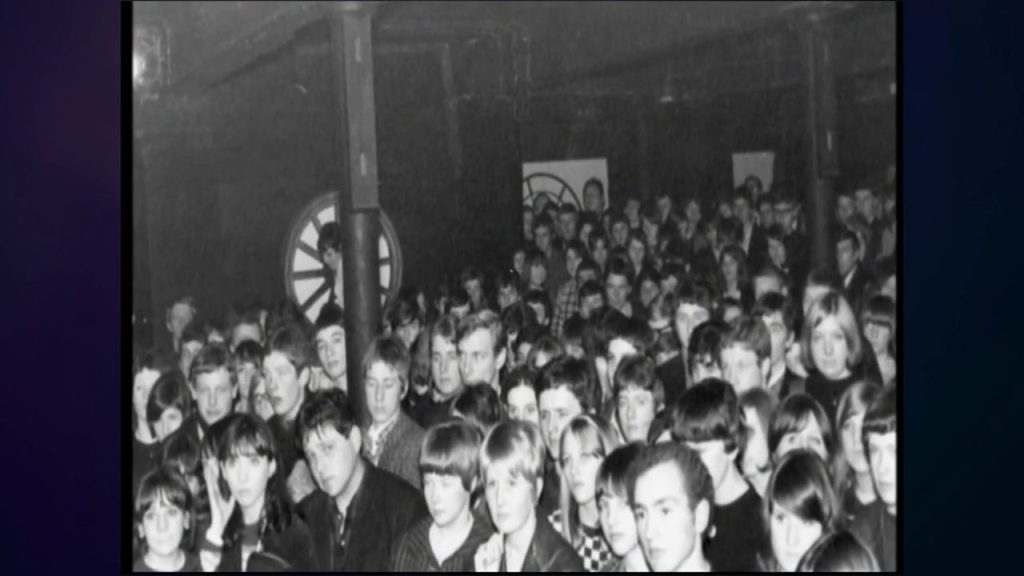
The man who coined the term Northern Soul in 1971, Dave Godin, did so after a visit to the Twisted Wheel and wrote this in his article for Blues and Soul Magazine circa 1970:
These are my kind of people..faint sounds of soul reminded me that soul goes on. Because each and every one of us keeps the faith
He noticed that there was a visible difference between the fans of Soul in the North of England and the fans of Soul in places like London which showed similarities in the love of soul in the northern states of the USA and the southern states.
Author and Northern Soul fan, Stuart Cosgrove described the Northern Soul scene best:
“The Twisted Wheel changed lives. It was a soul venue like no other and a template by which all subsequent northern soul clubs were judged: the intense atmosphere, the rare soul music, and the extravagant dancers.”
No one had expected that a young working-class community in the North of England during the 1960s would have a common love of Soul music which had originated in the black communities of America, but that’s exactly what was discovered in Dave Godin’s record shop, Soul City, in London where he found a lot of young people from Manchester, Stoke-on-Trent, and Wigan came down to find more up-tempo soul music. It was this that had inspired the late Dave Godin to come up with the term ‘Northern Soul.’
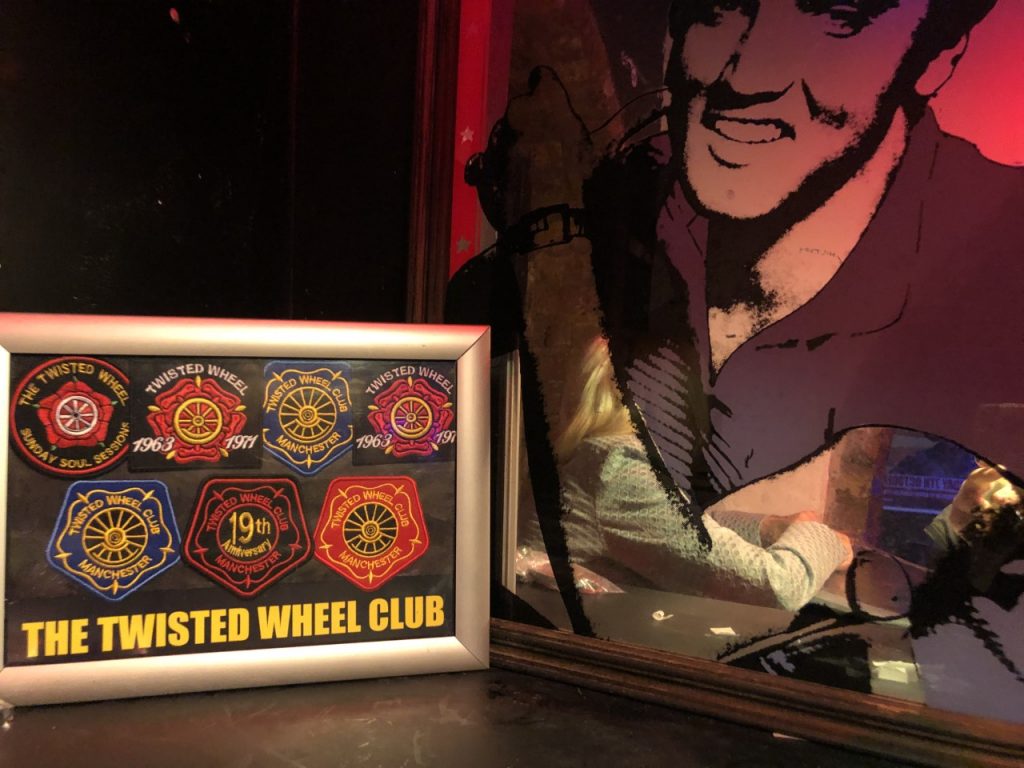
When asked all about their epic nights at the Twisted Wheel, we got a lot of responses from people who were very eager to tell us what it was like to be apart of that scene.
Berny Roberts, 67, from Stockport went when he was 15-16 and was apart of a gang who referred to themselves as ‘The Stockport Wheelers’:
“I went to the Wheel from 1967-1969 over a three-year period. There was a big thing in Stockport called the Stockport Wheelers and we used to drink there until 11 pm where we would head to the Twisted Wheel for the all-nighter.
The typical age range was about 15-17, although there were some girls there as young as 14! I don’t remember seeing anyone there around 19/20, by that age you tended to meet someone and get married.
It was a great way for us to let loose because there were no adults there, no parents so you could do what you wanted and go where all the mods were going. You also never told your parents where you were going either because it was always in the paper about drug raids.
It was quite scary, the thought of an all-nighter at first with all these new people because you wonder what’s going to be happening, but you soon realise that the atmosphere was very friendly.
The main thing about the Twisted Wheel was that you couldn’t hear these up-tempo records anywhere else. It certainly wasn’t on TV or on the radio and that’s what attracted people.”
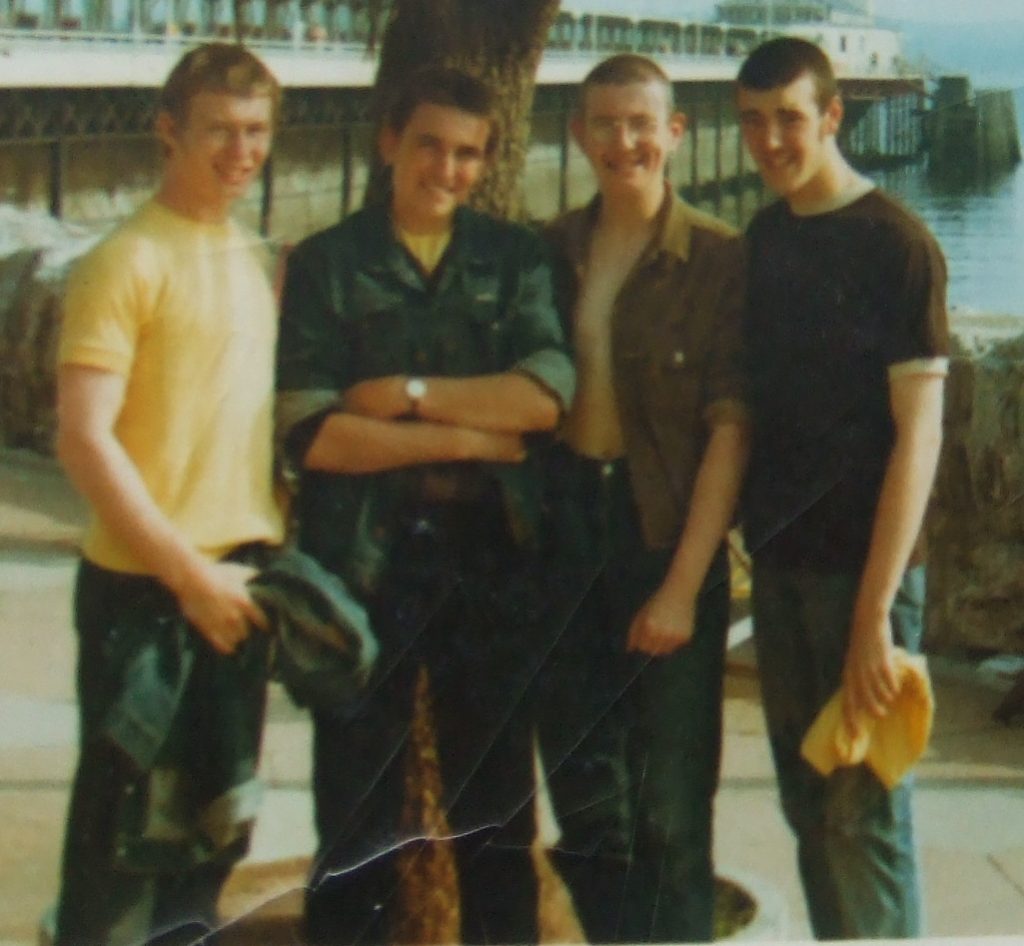
Mike Eastwood, 66, from Manchester told us about his trips to the Twisted Wheel during its final years:
“I remember being there on the closing night. Word had gone around that the Northern Soul scene, specifically the Twisted Wheel was famous for drugs and there had been many break-ins in chemist shops all over which became one of the reasons why it had to close down.
“I went when I was about 17 and stopped going when I was 20. The Twisted Wheel was a Mod club which was the culture back in the ’60s. You went to the Wheel because it played great music at these all-nighters and the drugs added something to the evening.
“It was a bit of everything. The music there was different to anything else you went to.
“It attracted people from different backgrounds such as the mods, the rockers, the skinheads but overall it was very much a working-class culture.
“People from the North would go down to the record shop, Soul City, owned by Dave Godin and staff would recognise people there from the North and recognised people from the North and saw the kind of up-tempo music records they were buying and that’s where the term Northern Soul came from.”
It’s notoriety for being a place of drug-fuelled dancing ultimately led to its demise, however, in early 1971 where it was forced to shut after 2 am. This was due to the many police inquiries into the amphetamine use that dancers required to last at all-nighters and the burglaries in local pharmacies for these drugs that eventually put an end to the all-nighters.
However, after this, it became a pioneering place for underground club culture of the 1980s and 1990s and can be seen to inspire places like the Hacienda and the raving scene. What might see today during a rave at some of Manchester’s biggest underground venues since the Hacienda, show distinct similarities to the Twisted Wheel in terms of the busy crowds, the intense atmosphere, and the drug subculture.
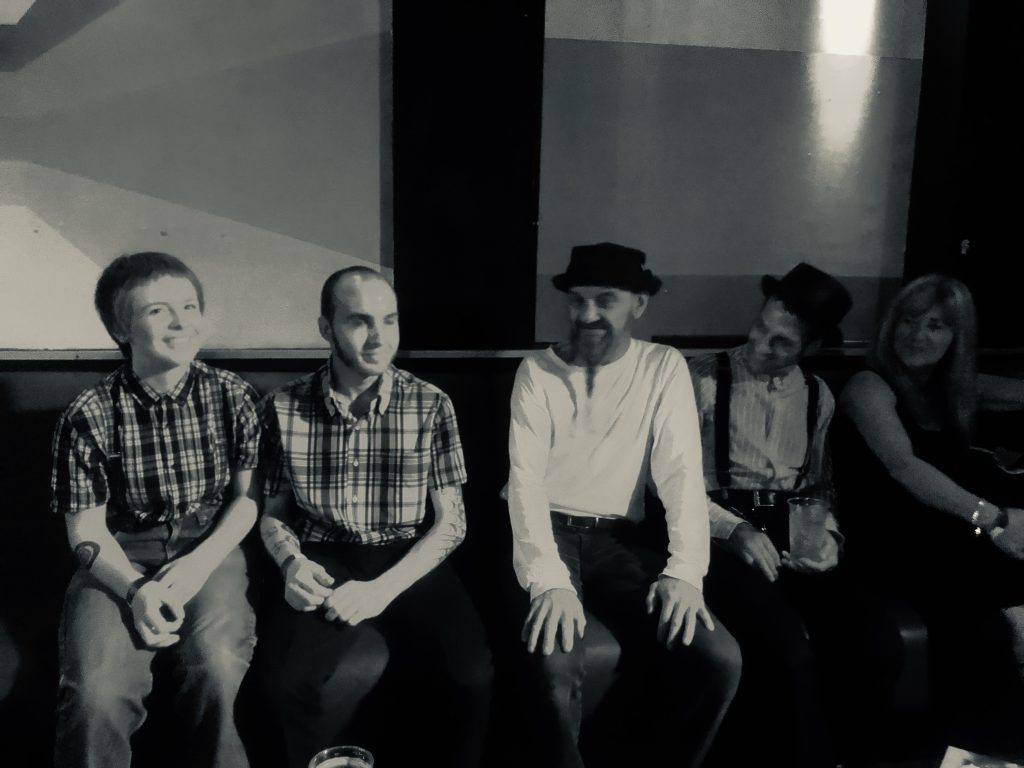
The spirit of the Twisted Wheel continues to live on through its fans who are still present on the contemporary Northern Soul scene and still have the same amount of passion and love for the Wheel now as they did when they were teenagers.
Derek Smiley is an admin of Twisted Wheel Club on Facebook where this community gets together to share memories and pictures, reminisce their youth and share their favourite Northern Soul tracks from big hits such as the likes of Jackie Wilson to the more rarer records that they cherish.
He said: “Our goal is to see the Wheel grow and prosper, not strangle itself to death through old word usage. The way many dress still to this day would blow your mind, as I say the scene is ever-evolving. It’s not reliving old memories, for us, the good times are here and now! Of course, there were other Soul and Mod clubs and total respect to them all but from our perspective, the Twisted Wheel was the Facebook of the day, it was known nationally.”
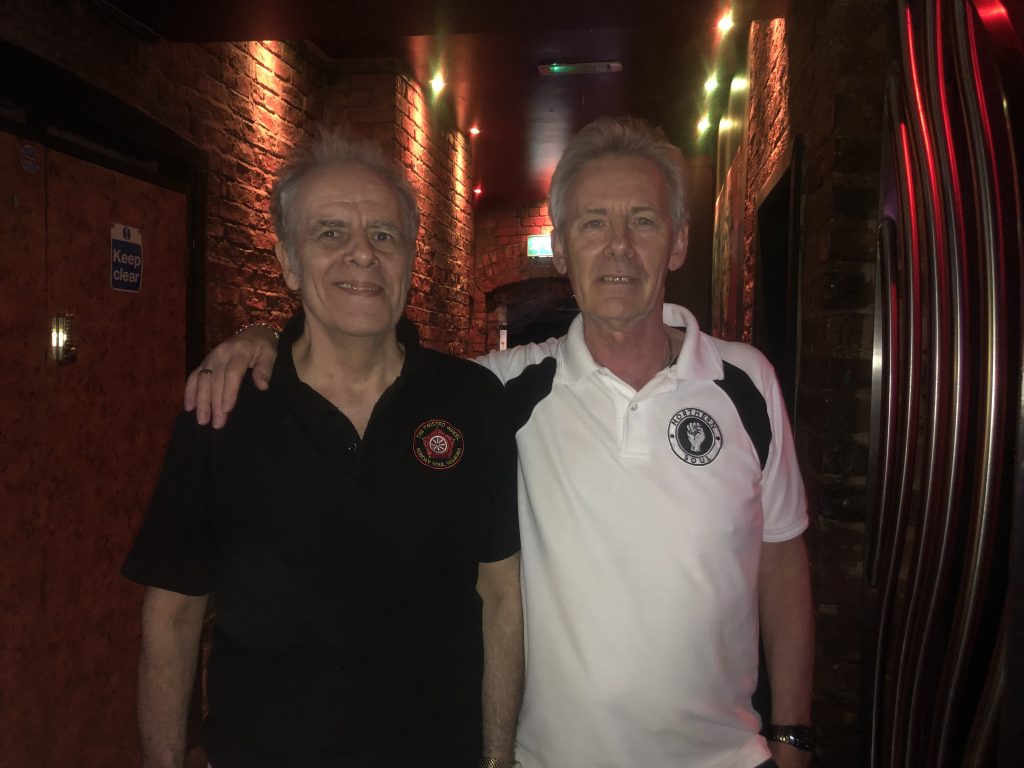
The Twisted Wheel Club is a night ran by Night People MCR on the third Sunday of each month on Princess Street in the heart of Manchester’s city centre.
This year it celebrated it’s 19th consecutive year, as it re-opened in 2000 by another well-known Northern Soul DJ, Pete Roberts, who had been in the news a few years ago when the Twisted Wheel club had been threatened to be closed down.
This made news as people begged for their beloved Northern Soul venue to stay open.
Pete also hosts the official Twisted Wheel Radio every Saturday so that fans can take the sound of the Wheel with them wherever they wanted to go.
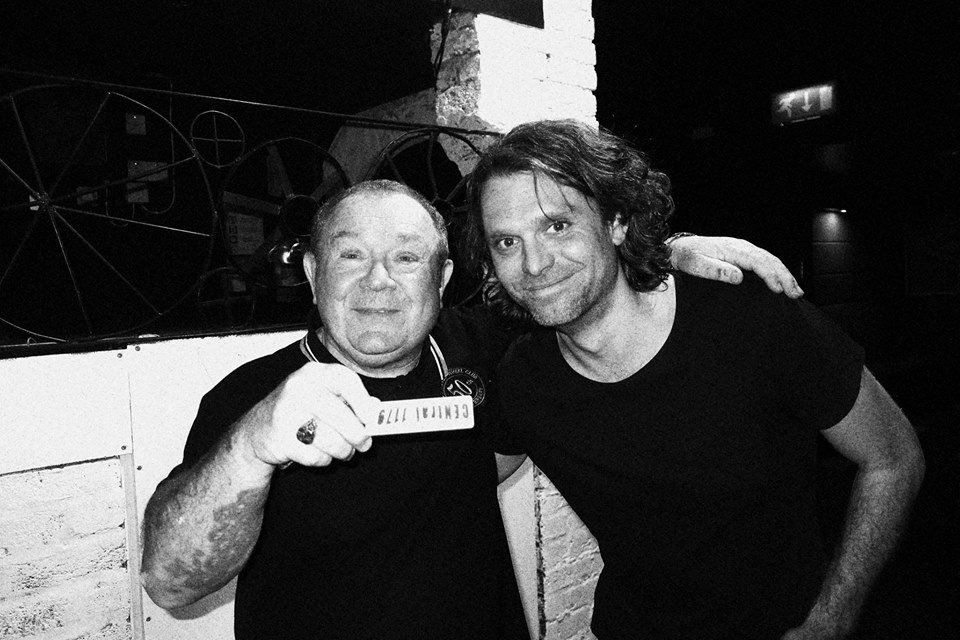
Pete told us about his journey at the Twisted Wheel when he first started going and found that despite the Wheels bad reputation, it was primarily always about the passion for the music:
“I used to go to the Twisted Wheel club when I was a kid, I first went just before I left school in 1968. It wasn’t a problem back then because they didn’t sell alcohol. The only problem with it was, it had a very bad notorious name, it really did.
“So, when I first went to the club, I thought I sold my soul to the Devil, I couldn’t believe I was actually in this club and to be honest, it wasn’t bad at all. The times I went to the wheel, I didn’t see anything bad. But, it still had a bad name and was famous for amphetamines and ultimately, the police wanted to close the club, so it’s true there was amphetamine use there and dare I say that was one of the reasons people went there and when you were out all night long, you needed something like that.”
He told us more about how he got the venue to open up another Twisted Wheel event and the great turnout that it received:
“I’ve always kept pubs and I’ve always DJ’d. I’m a big collector of black American music, ever since I was a kid and I have DJ’s elsewhere and I was always determined to reopen the Twisted Wheel and I did just that in 2000.
“I told them ‘you’re sat on a world-famous venue, the Twisted Wheel’. On the first night, without any advertisement, I got 220 people in and they gave the Friday night instead of Thursday.
People are coming back because they love the music and are living their youth, they want a nostalgic night
The second you walk into this iconic venue, you are greeted by the friendliest faces of the community who haven’t let Northern Soul die and are still on the floor using the same dance moves and wearing the same ’60s inspired outfits that show just how fondly they remember this time.
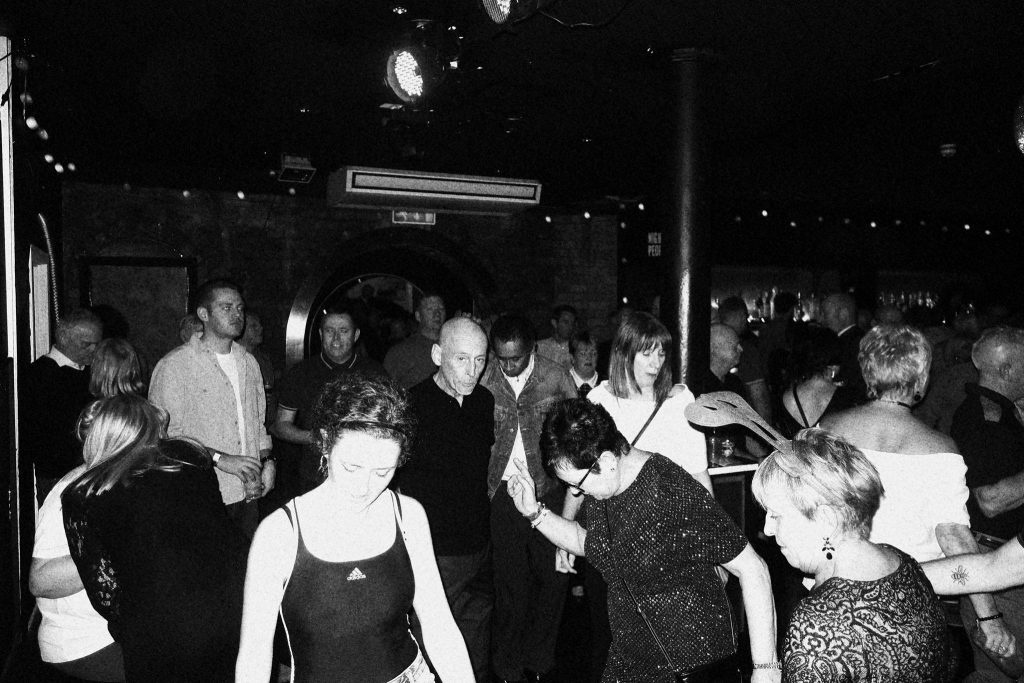
Johnny Mac is one that comes regularly and is well-known in the community. He told us more about his title as an ‘oldboy’:
“I went to the original Whitworth Street Twisted Wheel in 1969 when I was 18 for the first time, so they class us as an old boy. All the old boys like to meet up again and you know, it’s nice to meet your old pals. Obviously, you have your music at home, but it’s not the same as listening to it in a club with all your old pals. It’s like a social gathering for us.”
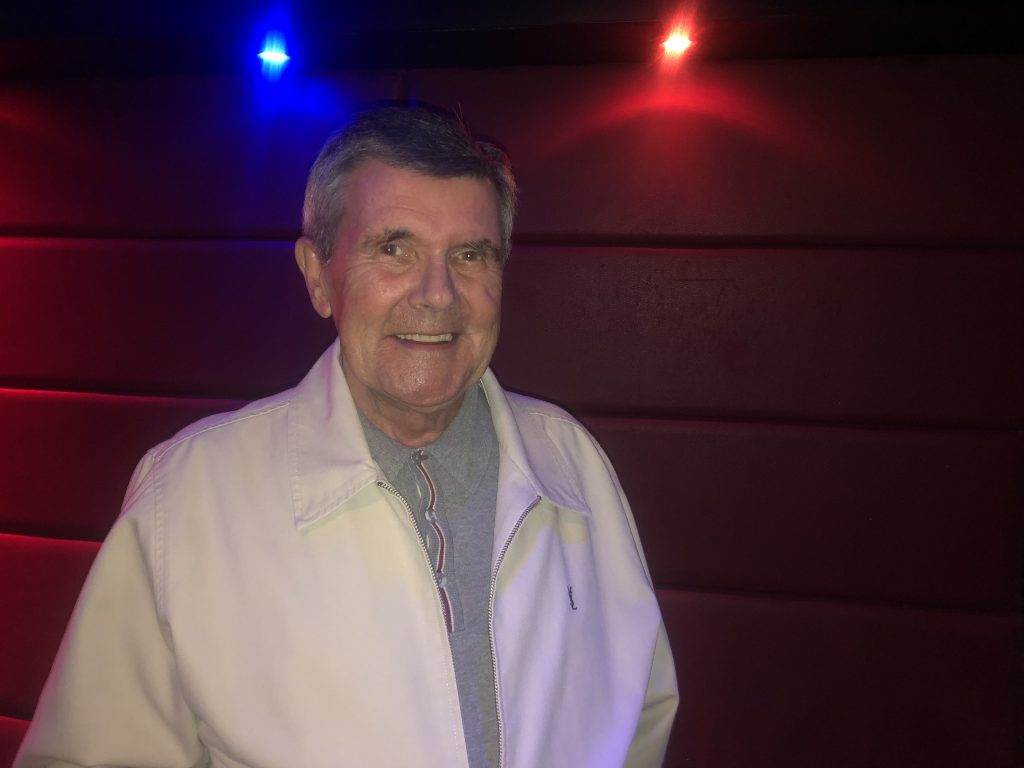
Barry Ford is another regular and an ex-Mod who knows a lot about how the Twisted Wheel came about:
“It started off as a café in 1963-65 where people would pull up with their scooters and where they had live bands on. I know a lot of people that still enjoy it.
“The black music wasn’t played in America because the whites were shamed for playing it, so they came over to England from underground music clubs and having a try here and it all just took off from there.
“It was then that America realised how big these artists were in England and started charging more for these records. All the big artists you hear, the Supremes, Wilson Pickett – this club made them.”
It’s clear to see how influential this club really was to not just Manchester and it’s music-loving residents but to the artists who made the music. While the Wigan Casino and other Soul venues across the North and Midlands had their part to play, it’s safe to say that the Wheel has shown that Manchester is one of music’s biggest giants.
The Twisted Wheel Club at Band on the Wall from Lily Harrison on Vimeo.
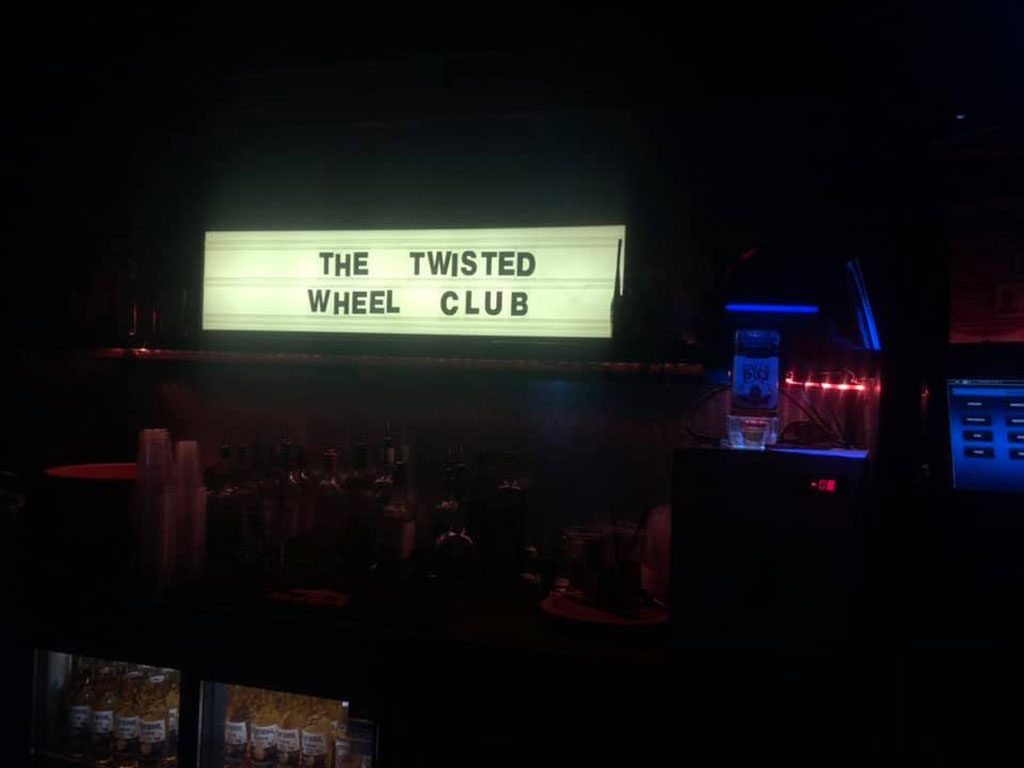
I remember when yo7 walked through the entrance the cloak room was on the right and soft drinks for all. Nighters on the left
Where the the main stairs to performers stage
Let’s see who remembers